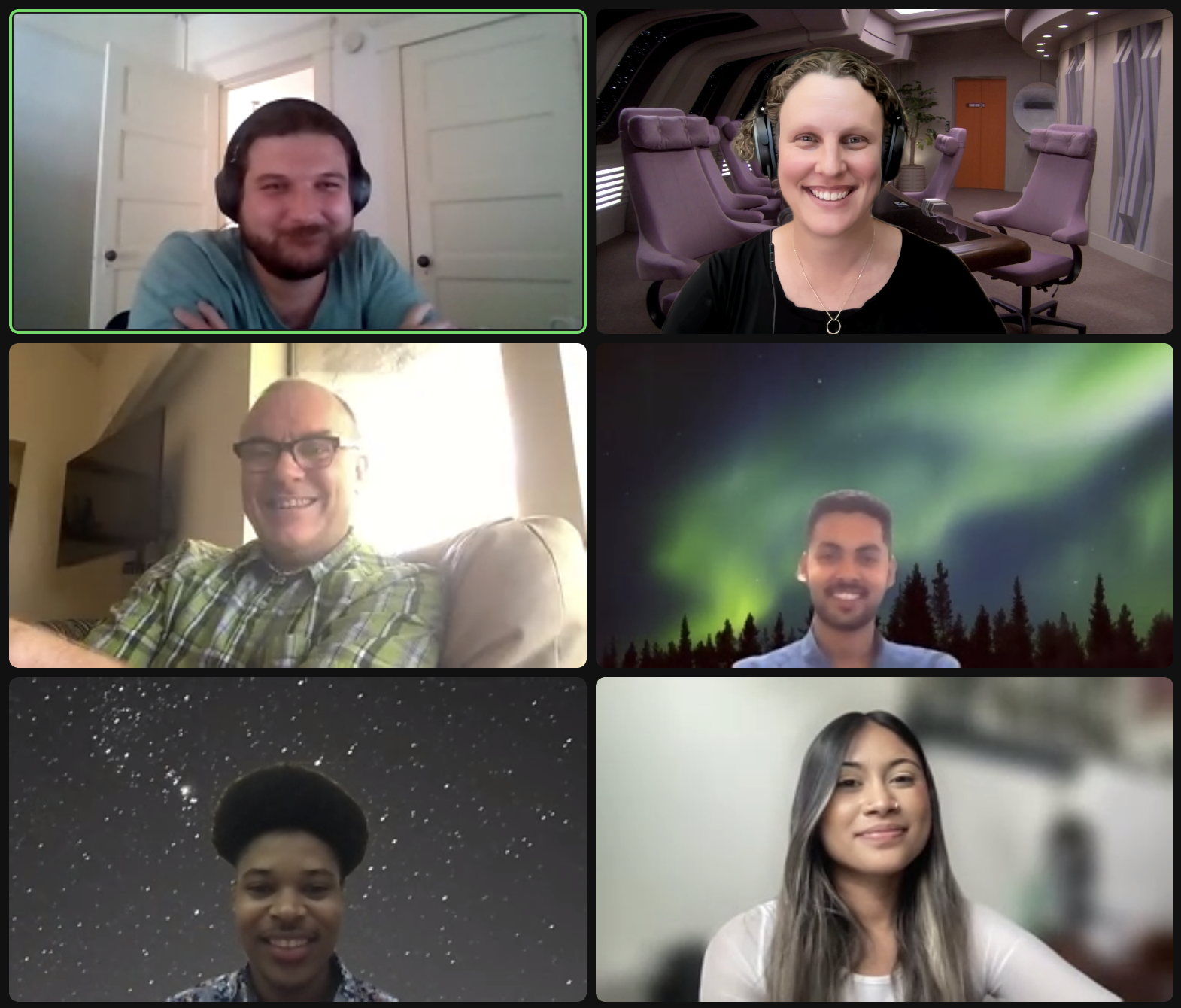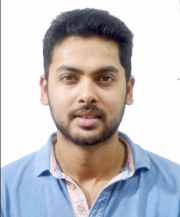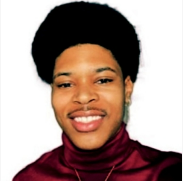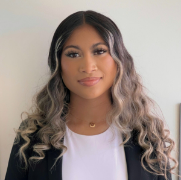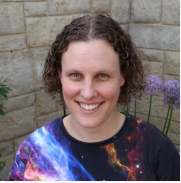About
Fellows
Abhilash Biswas
Abhilash is currently pursuing an MS in Public Policy and Data Analytics at Carnegie Mellon University. Prior to this, he was working at a global non-profit called IDinsight where he worked with decision makers in the development sector in India to conduct statistical evaluations and provide data driven evidence for informed decision making. As a part of his work, Abhilash supported the monitoring and evaluation of flagship government welfare programs in India. Abhilash has a keen interest in applying public interest technology towards social impact, aimed at better optimization and delivery of welfare services in resource constrained developing countries.
Kilando Chambers
Kilando Chambers (he/him/his) is a rising senior and assistant researcher at Harvard University studying Applied Mathematics and Psychology. Chambers studies how to design computational tools for his lab that perform automatic statistical analyses on the link between childhood trauma and stigmatization. Outside of his research and academic endeavors, Kilando is a tutor and creates free lessons and workshops on topics ranging from Income Inequality to Neurodivergence.
Kilando is a low-income first-generation black student from Mississippi. Social good and data have always been integrated into his life. In the future, Kilando intends to pursue a career in data science that is beneficial to minoritized people worldwide.
Ashley Santos
Ashley Santos is a first-generation Latina-identifying undergraduate student at the University of California, Berkeley where she is studying Data Science with an emphasis in Business/Industrial Analytics. She also earned two Associates degrees in Mathematics and Liberal Arts: Social and Behavioral Sciences at Berkeley City College.
Prior to DSSG, she was a research assistant alongside a UC Berkeley Ph.D. student where she cleaned and constructed data visualizations to summarize statistical data for a donor presentation in order to fund and continue research on COVID-19 impacts in India. Ashley is passionate about social justice and equity and hopes to use data science principles to address the structural inequities that impact marginalized communities.
Project Leads
Dino Bektešević
Dino’s research projects focus on facilitating and accelerating science. Dino leverages knowledge and algorithms from different fields in ways they have not yet been in Astronomy or by creating tools that allow others to do science easier, faster or more affordably. His previous work was on the Vera C. Rubin Observatory Proof of Concept Team that executed their image and catalog processing pipelines, on cloud services. Cloud services enable researchers to elastically deploy and/or supplement compute and storage resources on a pay-as-you-use model which can significantly reduce total costs for short term (1 to 3 years) projects that involve large scale astronomical data reduction. Dino is interested in classification of astronomical objects from their light curves.
Meredith Rawls
Meredith Rawls is a research scientist in the Department of Astronomy at the University of Washington and the Institute for Data-intensive Research And Cosmology (DiRAC). She writes software and data pipelines to handle terabytes of nightly images from Vera C. Rubin Observatory’s Legacy Survey of Space and Time, which will produce the highest resolution movie of the night sky ever made. Her background is in stellar astrophysics, and she earned her PhD from New Mexico State University.
Since early 2020, Meredith has studied the plethora of newly-launched commercial satellites in the hopes observers worldwide don’t lose the sky. She has served on and chaired working groups and co-authored reports for multiple workshops on astronomy and satellite constellations, and is spearheading the SatHub initiative at the new International Astronomical Union Centre for the Protection of the Dark and Quiet Sky from Satellite Constellation Interference (IAU CPS).
Data Scientist
Vaughn Iverson
Vaughn Iverson is a Senior Research Scientist with the Center for Environmental Genomics in the UW School of Oceanography, where his research involves developing biological sensing methods capable of inferring the behaviors and interactions within natural microbial communities by identifying and quantifying genes and proteins used by specific members of the community (metagenomics and metatranscriptomics).
Vaughn joined the eScience Institute in January of 2016 and contributes expertise in development of high performance parallel software, web technologies, noSQL databases, and data compression and visualization techniques. Vaughn is the author and maintainer of several popular open source packages and is an active contributor to many others.
Vaughn earned his PhD in Biological Oceanography from the University of Washington in 2015, and also holds a MS in Computer Science from the University of Washington, Seattle and a BS in Computer Science and Chemistry from Washington State University, Pullman. Prior to commencing his PhD work, Vaughn spent over a decade in the computer industry working for Intel Corp as a Staff Research Scientist developing video compression, internet media streaming and content distribution technologies, for which he was awarded twenty US patents.
